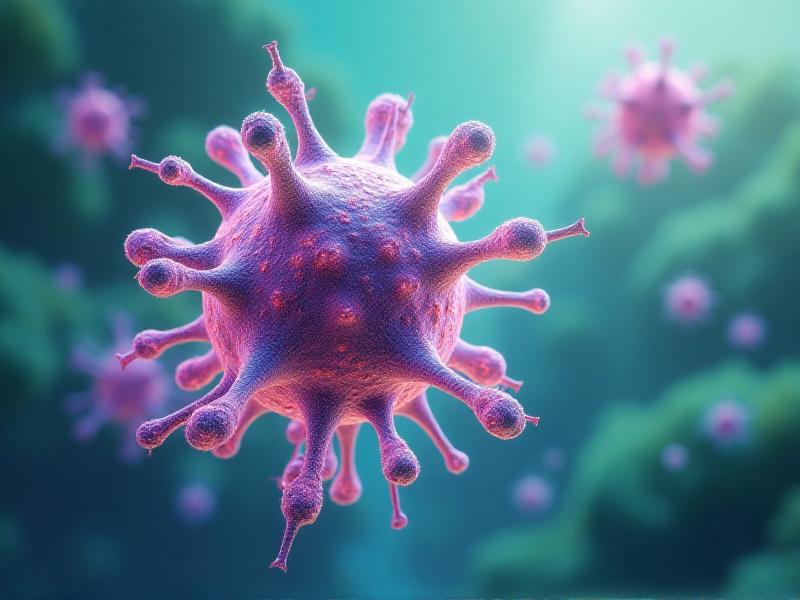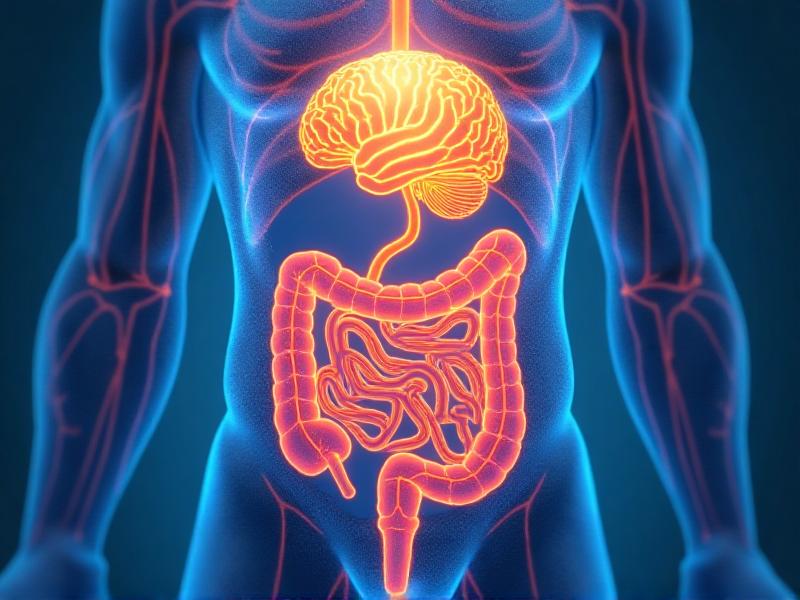The Research Revolution: Probiotics Beyond Digestive Health
The Research Revolution: Probiotics Beyond Digestive Health
Introduction: The Expanding Horizons of Probiotics
For decades, probiotics have been synonymous with digestive health. From yogurt commercials to dietary supplements, the narrative has largely revolved around gut health. However, recent scientific advancements are revealing that the benefits of probiotics extend far beyond the digestive system. This blog post delves into the groundbreaking research that is reshaping our understanding of probiotics, exploring their potential in areas such as mental health, immunity, skin care, and even chronic disease management. Join us as we uncover the multifaceted roles of these microscopic allies in human health.

Probiotics and Mental Health: The Gut-Brain Connection
The gut-brain axis is a complex communication network linking the gastrointestinal tract and the central nervous system. Emerging research suggests that probiotics play a pivotal role in this connection, influencing mood, stress levels, and cognitive function. Studies have shown that certain strains of probiotics, such as Lactobacillus and Bifidobacterium, can reduce symptoms of anxiety and depression. These "psychobiotics" work by modulating the production of neurotransmitters like serotonin and GABA, which are crucial for mental well-being. The implications of this research are profound, offering new avenues for treating mental health disorders through targeted probiotic therapies.

Boosting Immunity: Probiotics as Natural Defenders
Probiotics are increasingly recognized for their role in enhancing the immune system. By maintaining a balanced gut microbiome, probiotics help regulate immune responses and protect against infections. Research indicates that probiotics can stimulate the production of antibodies, enhance the activity of immune cells, and even reduce the severity of respiratory infections. This has led to growing interest in using probiotics as a preventive measure, particularly in vulnerable populations such as the elderly and children. As we continue to explore the immune-boosting potential of probiotics, they may become a cornerstone of holistic health strategies.

Skin Deep: Probiotics in Dermatology
The skin, our largest organ, is home to a diverse microbiome that plays a crucial role in its health. Probiotics are emerging as a powerful tool in dermatology, offering benefits for conditions such as acne, eczema, and psoriasis. Topical probiotics can help restore the skin's natural barrier, reduce inflammation, and combat harmful bacteria. Additionally, oral probiotics have been shown to improve skin hydration and elasticity, making them a promising addition to anti-aging regimens. As research in this field advances, probiotics are poised to revolutionize skincare, offering natural and effective solutions for a wide range of dermatological issues.

Chronic Disease Management: Probiotics as Therapeutic Agents
Chronic diseases such as diabetes, cardiovascular disease, and obesity are major global health challenges. Probiotics are showing promise as therapeutic agents in managing these conditions. For instance, certain probiotic strains have been found to improve insulin sensitivity, reduce cholesterol levels, and promote weight loss. These effects are thought to be mediated through the modulation of gut microbiota, which influences metabolic processes and inflammation. While more research is needed, the potential of probiotics in chronic disease management is undeniable, offering hope for more effective and personalized treatments.

The Future of Probiotics: Personalized Medicine and Beyond
As our understanding of the microbiome deepens, the future of probiotics lies in personalized medicine. Advances in genomics and biotechnology are enabling the development of tailored probiotic formulations based on an individual's unique microbiome profile. This personalized approach holds the promise of maximizing the therapeutic benefits of probiotics while minimizing potential risks. Beyond human health, probiotics are also being explored for their applications in agriculture, environmental sustainability, and even space travel. The research revolution in probiotics is just beginning, and the possibilities are limitless.

Conclusion: Embracing the Probiotic Revolution
The research revolution in probiotics is transforming our understanding of these microscopic organisms and their impact on human health. From mental health to chronic disease management, the potential applications of probiotics are vast and varied. As we continue to uncover the secrets of the microbiome, probiotics are poised to play an increasingly important role in healthcare, offering natural and effective solutions for a wide range of conditions. The journey of discovery is far from over, and the future of probiotics is bright with promise.










